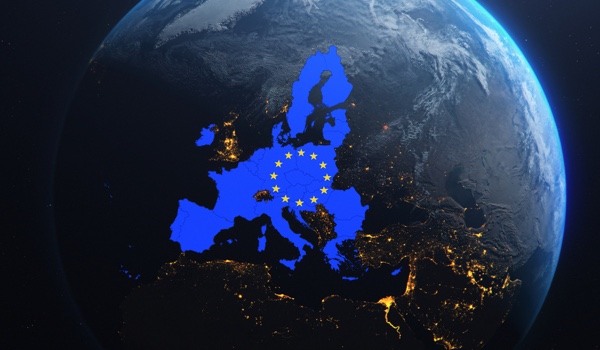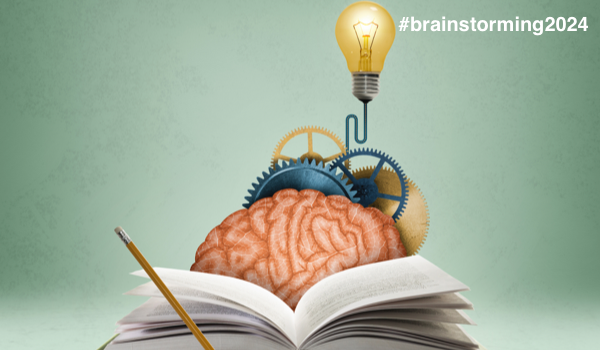


ROME - Fast, widespread development of artificial intelligence (AI) in the last few years has pushed the European Union to progress towards the complete digitalization of various fields of civil society.
AI has completely changed not only the way people live, relate to one another, and work, but has also impacted global markets, public administration, judicial systems, health systems, and education and healthcare - all in an unprecedented way. In such a global political context in which more and more countries invest massive amounts of resources into AI, EU institutions have become acutely aware of the need to adopt a common approach and a coordinated plan among each of its member states with the twin aims of promoting AI’s development and confronting potential risks to European security and, above all, advancing fundamental human rights.
Unlike the market-centered United States strategy and the state-centered Chinese one, the European strategy for AI is based on regulatory models that essentially invest in four fields: personal data - General Data Protection Regulation (GDPR) - digital services, digital identity, and AI per se, to which many documents and normative proposals have been addressed.
The first proposal aimed at implementing a common approach towards AI was developed in 2017, but became concrete just one year later within two strategic documents: the European Strategy for AI and the Coordinated Plan on AI. The former establishes three main objectives: giving impetus to the EU’s technological and industrial capability, and the adoption of AI in all key economic sectors, preparing for socio-economic changes deriving from AI, and guaranteeing an adequate ethical and judicial framework.
Since the beginning of the strategy development of AI, the European Commission (EC) has highlighted the necessity of bringing it into compliance with fundamental EU values - equity, security, social inclusion, and tran
The content herein is subject to copyright by The Yuan. All rights reserved. The content of the services is owned or licensed to The Yuan. Such content from The Yuan may be shared and reprinted but must clearly identify The Yuan as its original source. Content from a third-party copyright holder identified in the copyright notice contained in such third party’s content appearing in The Yuan must likewise be clearly labeled as such. Continue with Linkedin
Continue with Linkedin
 Continue with Google
Continue with Google







 1254 views
1254 views











2022-06-02